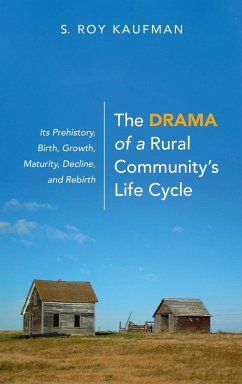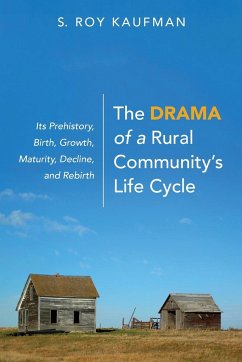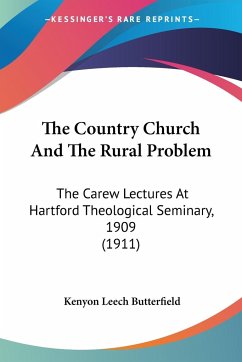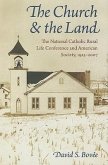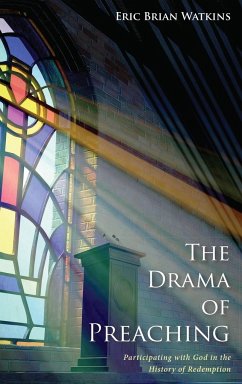Rural communities depend on the health of the agrarian cultures that compose them. These cultures grow out of the symbiotic relationship between a particular landscape and the human community that lives on and uses the land. Agrarian cultures had their origin in the development of agriculture and gave birth to the civilizations and empires of history. Based on the exercise of hierarchical power characteristic of their nature, empires and civilizations are always a threat to the welfare of their agrarian cultures, that by nature tend to be local, relational, reciprocal, and ecological. This is the story of the three Anabaptist agrarian cultures--Swiss German, Low German, and Hutterian--of the Freeman, South Dakota, rural community, and their sojourn within the empires of civilization through the centuries. More specifically, this is the story of their birth, growth, maturation, and death (or rebirth?) in the particular landscape of the Great Plains to which they came from Russia in the 1870s. Here we see the agrarian cultures' struggle to adapt to the new environment of the Great Plains and to maintain their unique identity while living within American society. This is the drama of a rural community's life cycle!

